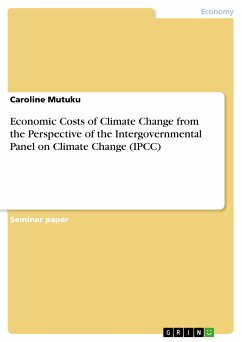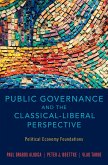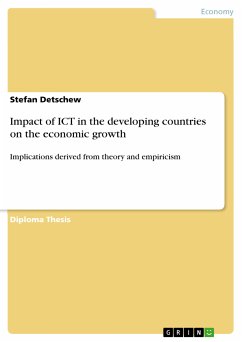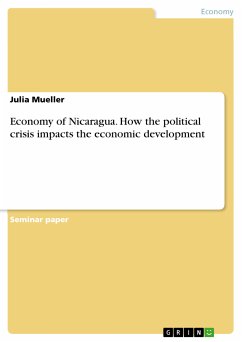Seminar paper from the year 2018 in the subject Business economics - Economic Policy, grade: 1, , language: English, abstract: Over the years, climate change has been observed to be a global challenge that requires global intervention. Therefore, the analysis of the obligations that are created by climate change has nowadays focused on the global and intergenerational distribution of climate change risks and responsibility for these risks, leading to the emergence of diverse organizations such as the Intergovernmental Panel on Climate Change (IPCC). IPCC is a United Nations body dealing with scientific as well as technical information provision on climate change, perceived impacts, and response options (an international body that assesses the science of climate change). The IPCC was officially constituted in November 1988, during its first meeting in Geneva, by the United Nations Environment Program (UNEP) and the World Meteorological Organization (WMO), to provide policymakers with regular climate change scientific assessments, current and future risks, and options for mitigation and adaptations. IPCC is responsible in assessing and reviewing diverse pieces of technical as well as scientific literature concerning climate change, using these materials to surface critical assessment climate change reports. As a result, climate policy makers in the member states use these reports to come up with solutions and strategies on climate change. Significantly, this paper aims at assessing the connection between the IPCC's values and interests, its advocacy positions and use of science, alongside outlining my view on the IPCC's views.
Dieser Download kann aus rechtlichen Gründen nur mit Rechnungsadresse in A, B, BG, CY, CZ, D, DK, EW, E, FIN, F, GR, HR, H, IRL, I, LT, L, LR, M, NL, PL, P, R, S, SLO, SK ausgeliefert werden.









